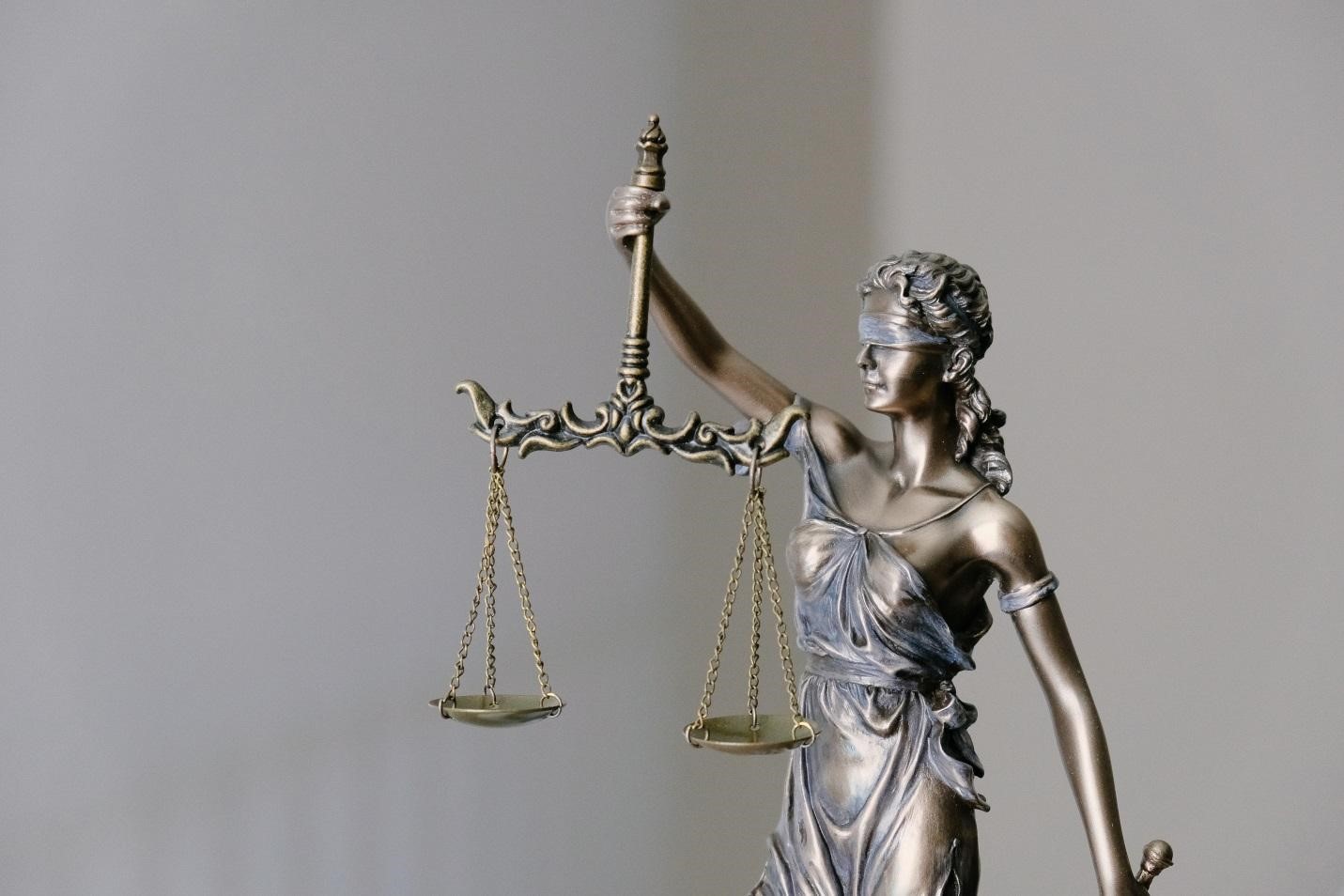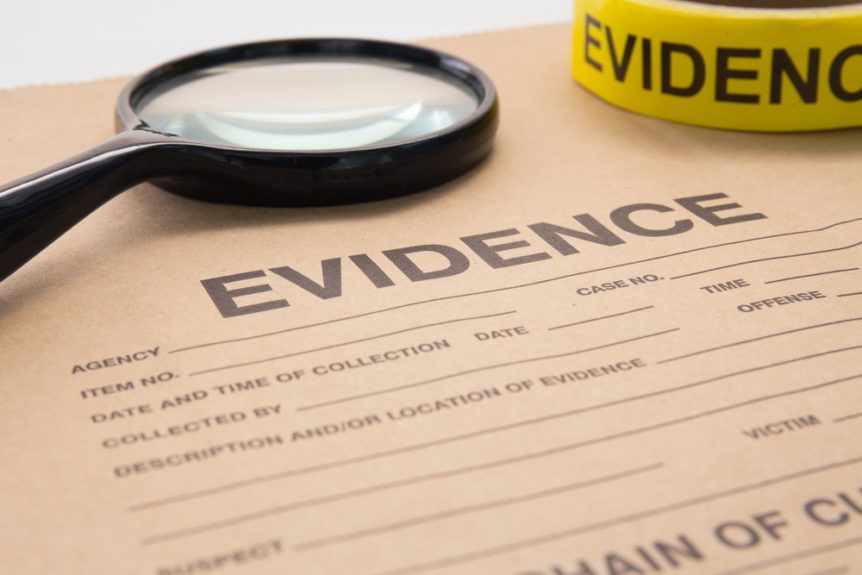The outcome of a case ultimately boils down to the strength of the evidence presented. This statement sums up why evidence is so important in civil and criminal trials. It is the only way a judge in a bench trial or jury can establish a defendant’s liability or guilt.
The Federal Rules of Evidence were established to govern the way in which evidence is introduced at trials in a federal court. They were drafted for several years by the US Supreme Court before Congress finally enacted them in 1975. The idea behind them is to have a standard system all federal courts could use to determine the admission or exclusion of evidence in court proceedings.
What are the Federal Rules of Evidence, and why are they so important? Here’s everything you need to know.
Criminal law vs civil law
These are two broad branches of law, each of which has its own set of rules and punishments that govern it. The burden of proof varies between these branches of law and must be considered when introducing evidence at trial.
Criminal law encompasses criminal conduct and the legal punishment for such offenses. The burden of proof in criminal law always falls on the federal or state government to prove guilt “beyond a reasonable doubt.”
On the other hand, civil law addresses disputes between organizations, individuals, or the two, in which monetary compensation in the form of damages is awarded to the plaintiff. In civil law, the burden of proof is on the plaintiff based on “preponderance of evidence” to demonstrate that their assertion is more likely true than not. The evidence presented in civil cases needs to be beyond the balance of probabilities.
Why are the Federal Rules of Evidence important?

You might ask – why do we have rules of evidence in the first place? The whole premise of the rules revolves around a few basic principles – unfair surprise, reliability, efficiency, relevance, and the overall fairness of the court process. They regulate the evidence admitted into a trial and how the jury can use it to reach an unbiased verdict based on fact.
The idea behind them is to eliminate the historical mistrust of jurors by restricting the type of evidence they can receive or the way in which they can use it in their determination of guilt or innocence.
This begs the question – Who rules on the admissibility of evidence? The presiding trial judge determines whether the evidence presented in a trial can be admitted or excluded from the litigation process.
For evidence to be admitted in court, it has to meet two criteria. It should:
- Be relevant – The evidence should be material to the case and have probative value.
- Not be outweighed by countervailing elements – The evidence should not be privileged, a waste of time, confusing, unfairly prejudicial, or based on hearsay.
What are the Federal Rules of Evidence
It’s important to note that Federal Rules of Evidence only apply to federal court cases. Nonetheless, several states across the country base their own evidence rules on the federal system. Having this knowledge gives you a broader perspective of the rules you can expect to find in your state courts.
Here is a plain-speak overview of each of the 11 articles in the Federal Rules of Evidence:
1. GENERAL PROVISIONS
This section provides information on the rules of admissibility or exclusion and how to object to each.
2. JUDICIAL NOTICE
This refers to the documentation the court may request either party to present or, of its own volition, admit into evidence without having to authenticate or lay a foundation.
3. PRESUMPTIONS IN CIVIL ACTIONS AND PROCEEDINGS
Presumptions are tools used by courts to determine which of the parties in a trial has to prove a particular fact.
4. RELEVANCY AND ITS LIMITS
Evidence is only admissible in court if it determines the validity of one or more facts important to the case.
5. PRIVILEGES
A privilege refers to the right not to disclose confidential information unless the privilege is waived. Examples include attorney-client, husband-and-wife, and doctor-patient privileges.
6. WITNESSES
To testify in a federal case, a witness must be competent enough to offer testimony on information they have personal knowledge of.
7. OPINIONS AND EXPERT TESTIMONY
In addition to personal knowledge, a witness can be allowed to provide a lay opinion if it is useful in understanding a fact based on their observations. If the opinion in question isn’t based on the witness’ personal observation, an expert witness with the skill, training, or experience will be called upon to form such an opinion.
8. HEARSAY
Hearsay evidence is essentially gossip presented as fact in a case. The rules exclude hearsay testimony unless it falls into any of the 24 exceptions.
24 Exceptions to the Hearsay Rule
9. AUTHENTICATION AND IDENTIFICATION
Only items that can be identified by witnesses or whose authenticity can be vouched for by an expert are admissible in court.
10. CONTENTS OF WRITINGS, RECORDINGS, AND PHOTOGRAPHS
Photographs, recordings, writings, or any other documentary evidence must be authenticated by an expert or a witness before admission. These also have to be original unless the rules allow for the use of a copy if the original was destroyed.
11. MISCELLANEOUS RULES
The provisions of this section state that the rules of evidence apply in all federal civil and criminal cases. Additionally, it states that the privilege rule is not applicable in grand jury and other miscellaneous legal proceedings. It allows federal judges to exercise their discretion in the admission or exclusion of evidence outside the rules if they deem it necessary.
Do Rules of Evidence apply in arbitration?
The short answer is – no, unless the parties to the arbitration process expressly require it, which is rare.
The provisions of Rule 34(b) of the Commercial Rules of the American Arbitration Association and Rule 30 of the Employment Arbitration Rules state that the materiality and relevance of the evidence presented in arbitration proceedings are at the sole discretion of the arbitrator. They further state that conforming to the legal rules of evidence is not necessary to the process.
GET THE BEST ATTORNEY ON YOUR CASE
A court case is won or lost based on the evidence admitted or excluded in the trial process. If you’re currently facing criminal charges, having proof that helps your case means nothing if you don’t follow the Federal Rules of Evidence to a T. Ensure you get an experienced criminal defense attorney to represent you for the best possible trial outcome.
